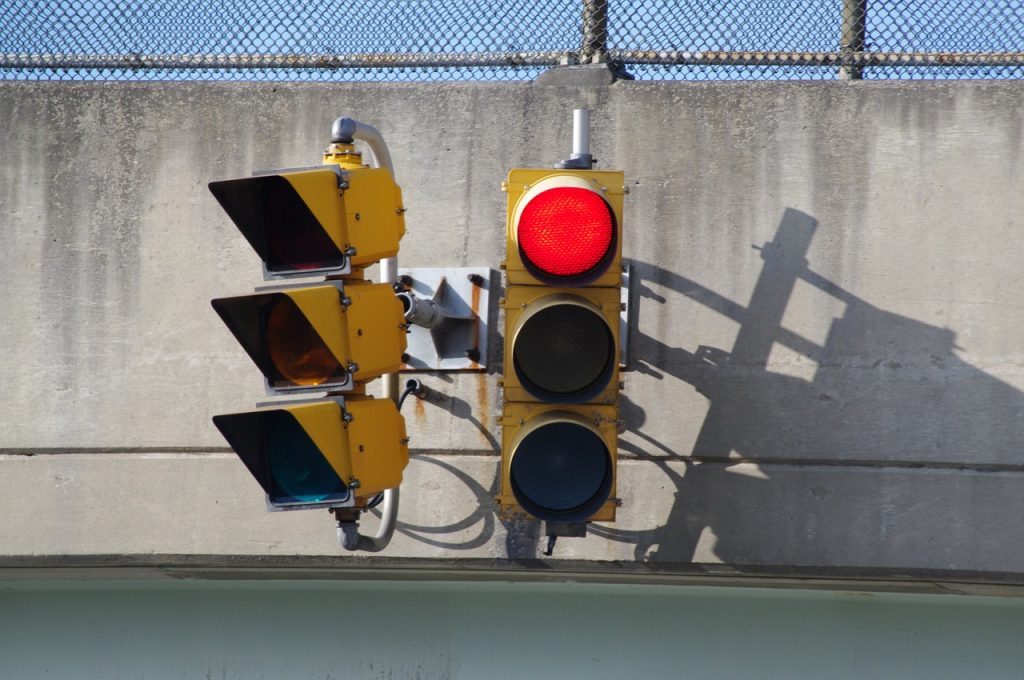No one likes paying tax. We do it because we have to, and because we accept the virtues of doing so — but we don’t like it.
As a result, nothing stokes fury like the idea a government body is being wasteful with the taxpayer money. One area that is always ripe for criticism is in regards to what public bodies spend on software. This is perhaps because many people don’t truly understand the necessity of good software; we may be in the Digital Age, but that doesn’t mean everyone comprehends what that means.
Due to this lack of understanding, at the announcement of a tech upgrade by a government, you will see the online commenters wondering why the government just doesn’t use the Microsoft package– it works fine for them, so why can’t the government make do? Why do they spend so much on something so basic?
Here’s why.
If You Pay Peanuts…

There’s a scenario we have probably all lived through when dealing with a public or private organization; we call to report something, and are asked if we can call back because “the system is down right now”. It’s irritating to hear, but it’s also a fact of life. Sometimes systems do fail and the person you speak to can’t do more than tell you that. If it’s a private company, you’ll probably take your business elsewhere, but with a government organization, you’re stuck waiting for the system to recover from its latest blip.
Systems will fail all the more if they are patchwork, antiquated, or a compromise solution that isn’t truly sufficient. The aforementioned issues have something in common: they are all associated with cheaper software. So when government bodies spend money on a tech upgrade it may seem like they’re throwing money around for no reason — but in reality, they’re being responsible. They know the people who call them have no one else to contact to resolve their issues and thus it’s important their system is sufficient. “Getting it right” tends to mean keeping their systems current, which in turn tends to be expensive. If you want to be able to actually discuss your issue with a public body, you should see these tech upgrades as a necessary part of that.
Responsibility Doesn’t Come Cheap

Another thing that public bodies need to ensure is the safety of all people covered by their jurisdiction. A corporate lawsuit may sink a private company, who will then be replaced by a competitor. For a public body this isn’t an option: the safety of the public is paramount. This necessity means that with everything from providing the right training to employees to upgrading their government management software, they can’t cut corners.
This doesn’t mean they never get it wrong, or that they shouldn’t come in for criticism when they do. What it does mean is that, as much as we might prefer to see them spending less, money has to be spent to guarantee safety. Recording the right details and having access to them when necessary can be the difference between — for example — preventing a serious road accident and not preventing it.
Why Does This Matter To You?
To put it simply, eventually all of us will be affected by the operations of a public body. As irritating as paying tax may be, try to remember we’re also paying for the safety and the promptness of the service we receive. If it means paying a few more cents in the dollar for that service to be better, then it may just be a price worth paying.